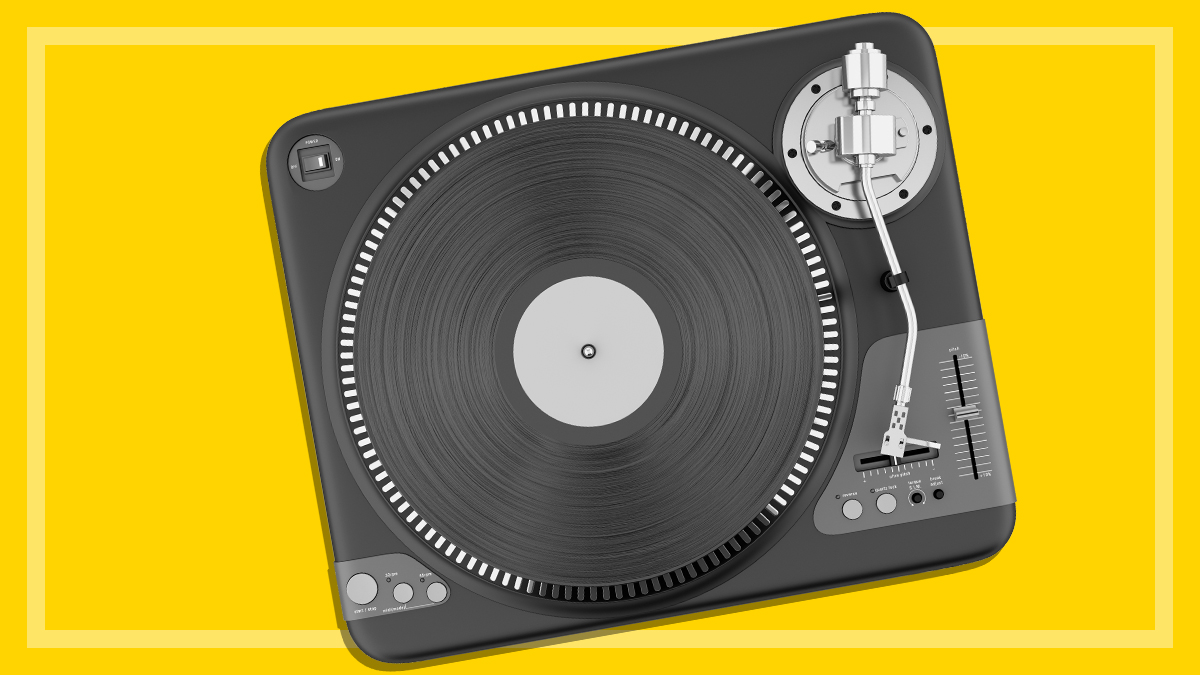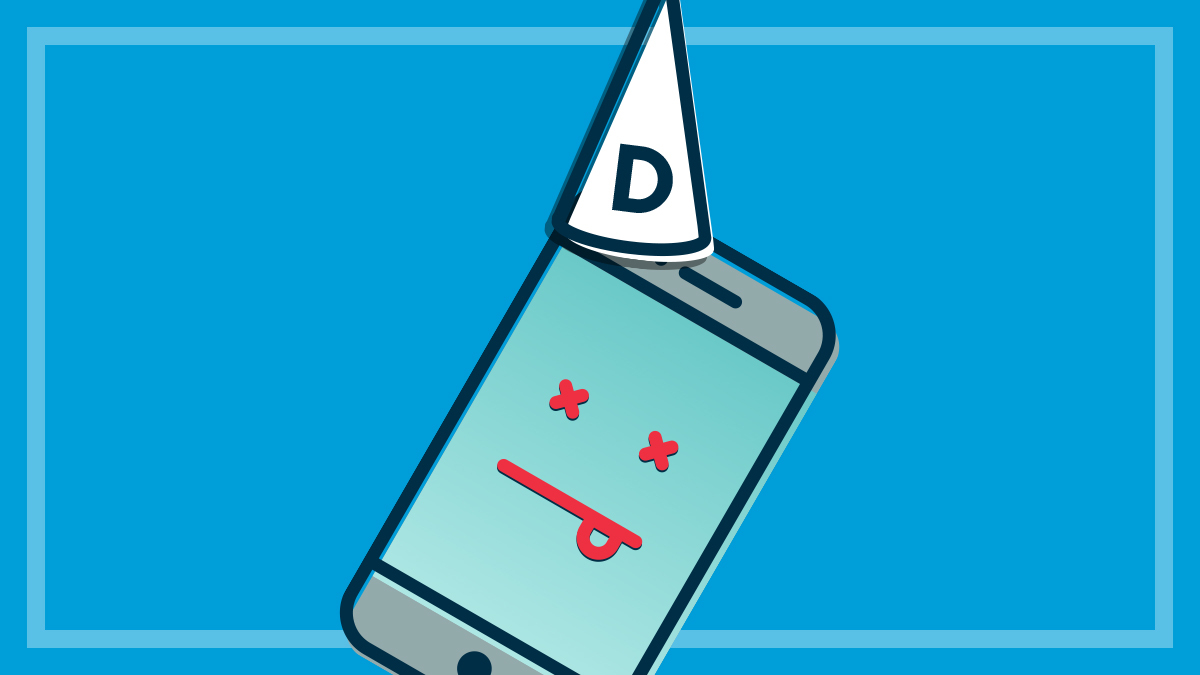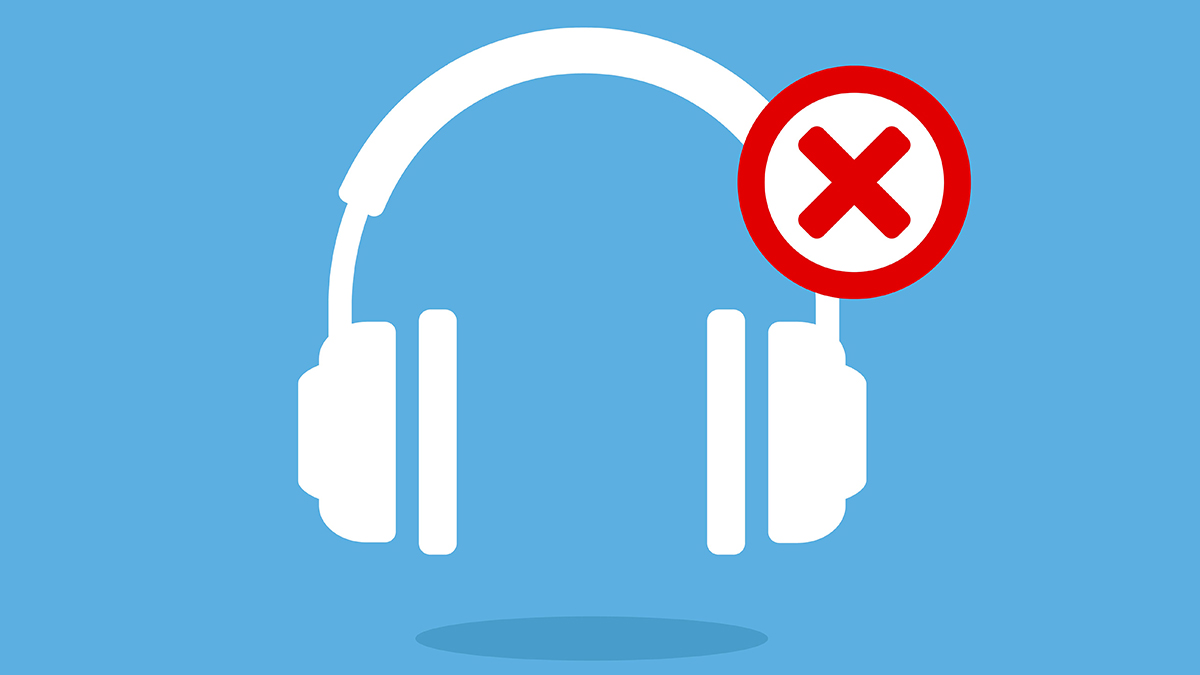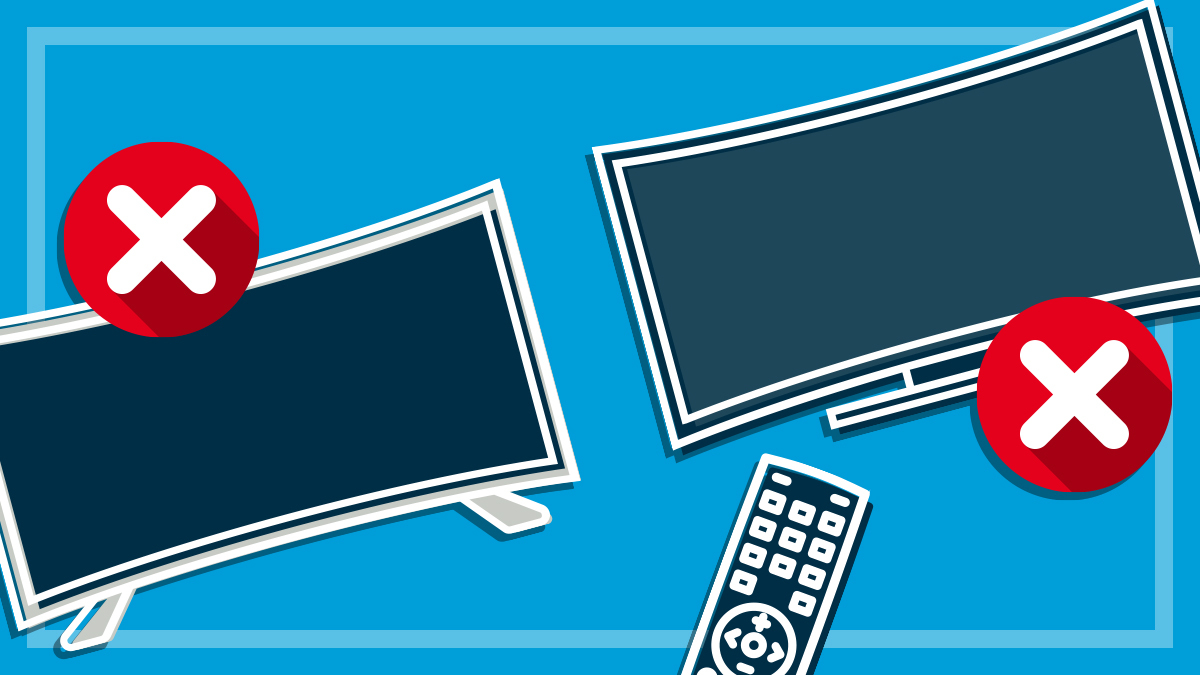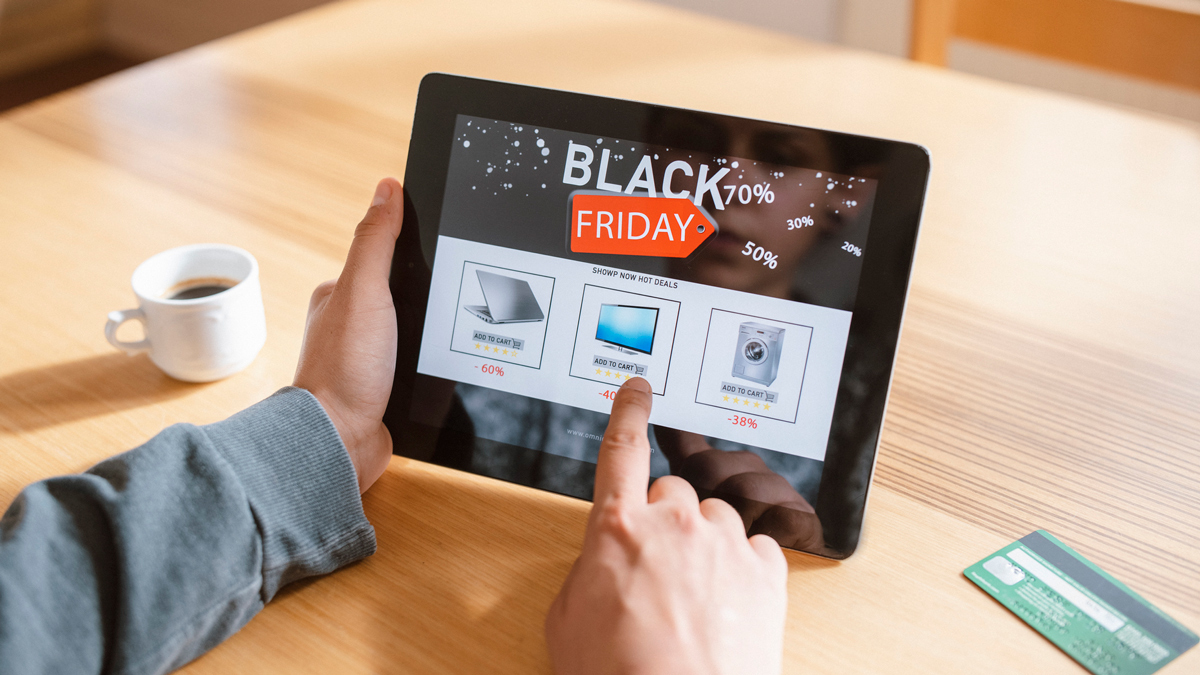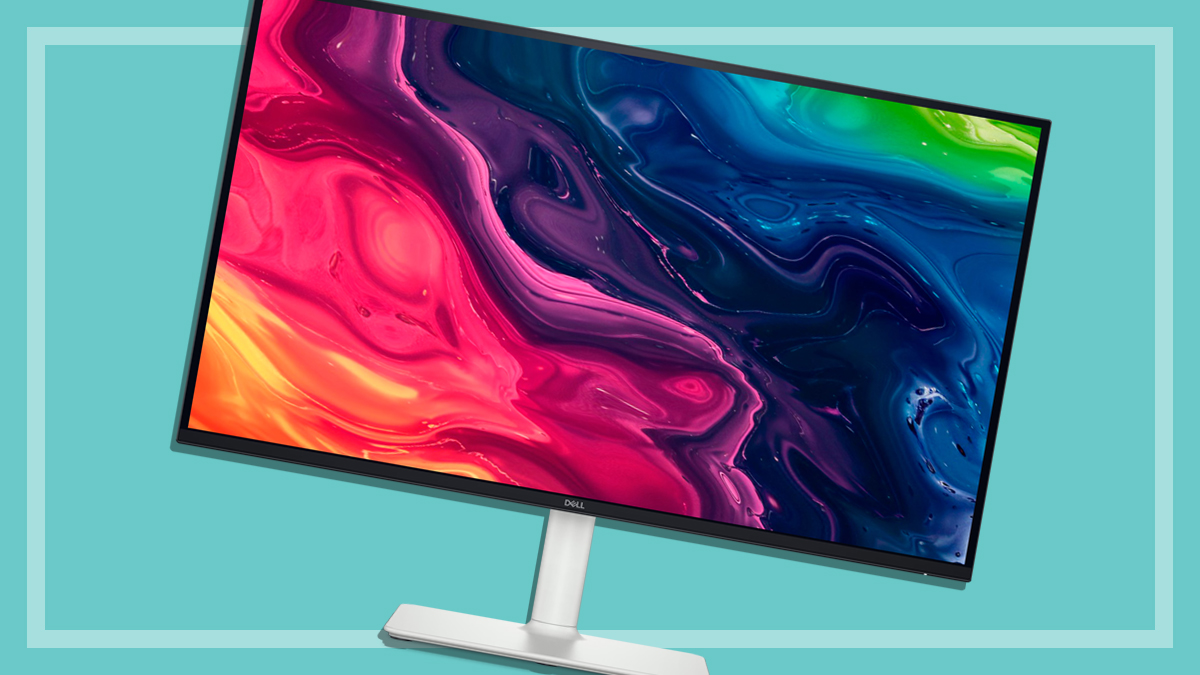Get our independent lab tests, expert reviews and honest advice.
How we test turntables

Core turntable design has remained remarkably unchanged since we first started testing them in the 1970s. In fact, many of the same brands – such as Denon, Rega, Thorens and Pioneer, which were considered the top in their class at the time – are still around to this day.
On this page:
Our expert testers and listening panel put the latest turntables through rigorous testing to rate wired and wireless sound quality, ease of use, and how well they work in real life. We also measure the rotational accuracy of the turntable, the tracking force of the cartridge and how easy it is to use.
Our expert testers
Our testers have years of expertise in testing audio equipment and, unlike most reviewers, we don’t rely on one individual’s perception to rank products. Instead we use a listening panel of three people who have shown that they can consistently rank products for their sound quality.
How we choose what we test
For our most recent turntables test, we selected a range of models priced between $150 and $1000 – enough to deliver a reasonably good level of quality without breaking the bank. We also selected a couple of models that cost over $1000, to see what extra money can get you.
How we test turntables
Since our first turntable test in 1975, we’ve used the same Technics SL-1200 MK2 as our reference system.
Listening quality (wired)
To test sound quality we use a listening panel who assess each turntable using rock and pop music passages. The turntables are connected with cables, and speakers are positioned about two metres away from the listeners, with the panel assessing the overall quality of the sound.
Some have changed slightly over time as vinyl wears down during each test and eventually needs to be replaced. We always aim to select music from the same artist or near identical genres. Examples include “Breathe” by Pink Floyd, “Industrial Disease” by Dire Straits and “Hey” by the Pixies.
Listening quality (wireless)
We introduced a Bluetooth audio assessment in our 2023 test. Turntables are connected via their Bluetooth output to an AudioEngine B1 Bluetooth Music Receiver, which is plugged into an amplifier that connects to the speakers used in our wired test. These speakers are connected to the amplifier with physical cables.
Our panelists listen to one of the tracks used in the wired assessment to compare the wireless audio quality. This is only applied to recently tested models that support Bluetooth output. Results don’t contribute to the CHOICE Expert Rating.
Ease of use
We focus on ease of use because using a turntable is very hands-on compared with other music-playing devices. We assess the initial set-up of the turntable out of the box, including attaching the platter, belt, and any adjustments that are needed before operation. Operational aspects we assess include speed selection and cueing a track. We also look at the thoroughness of the instruction manual.
Technical score
Our tester assesses the difference between the claimed and measured figures for tracking force, rotational speed and frequency response using calibrated reference LPs.
Scoring
We give every turntable a CHOICE Expert Rating so you can see at a glance which models are the best performers. This overall score is made up of:
- listening quality (wired) score (60%)
- technical score (25%)
- ease of use score (15%).
We recommend turntables with a CHOICE Expert Rating of 75% and above. We also list any important features and specifications to help you compare models and decide which one is right for you.

